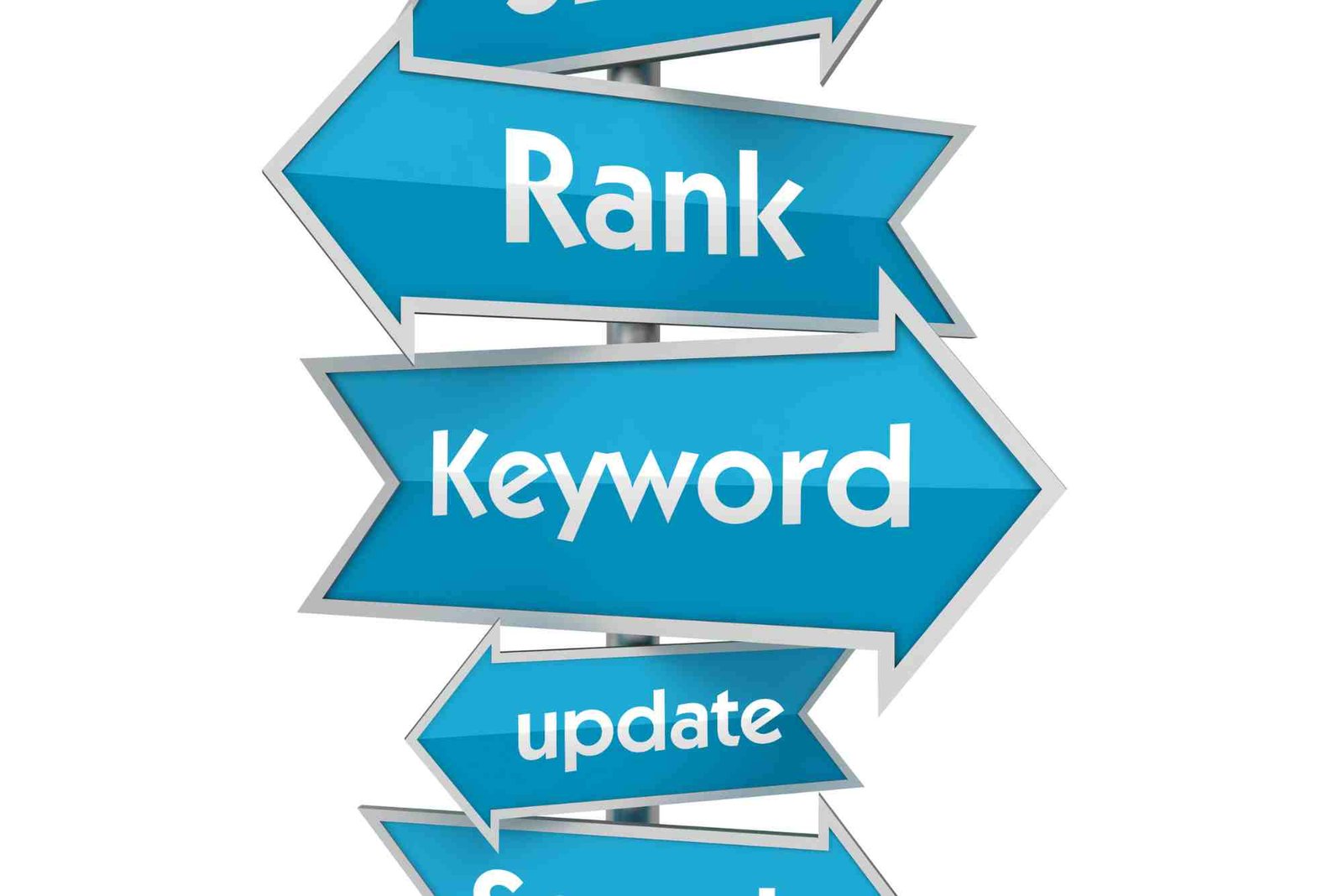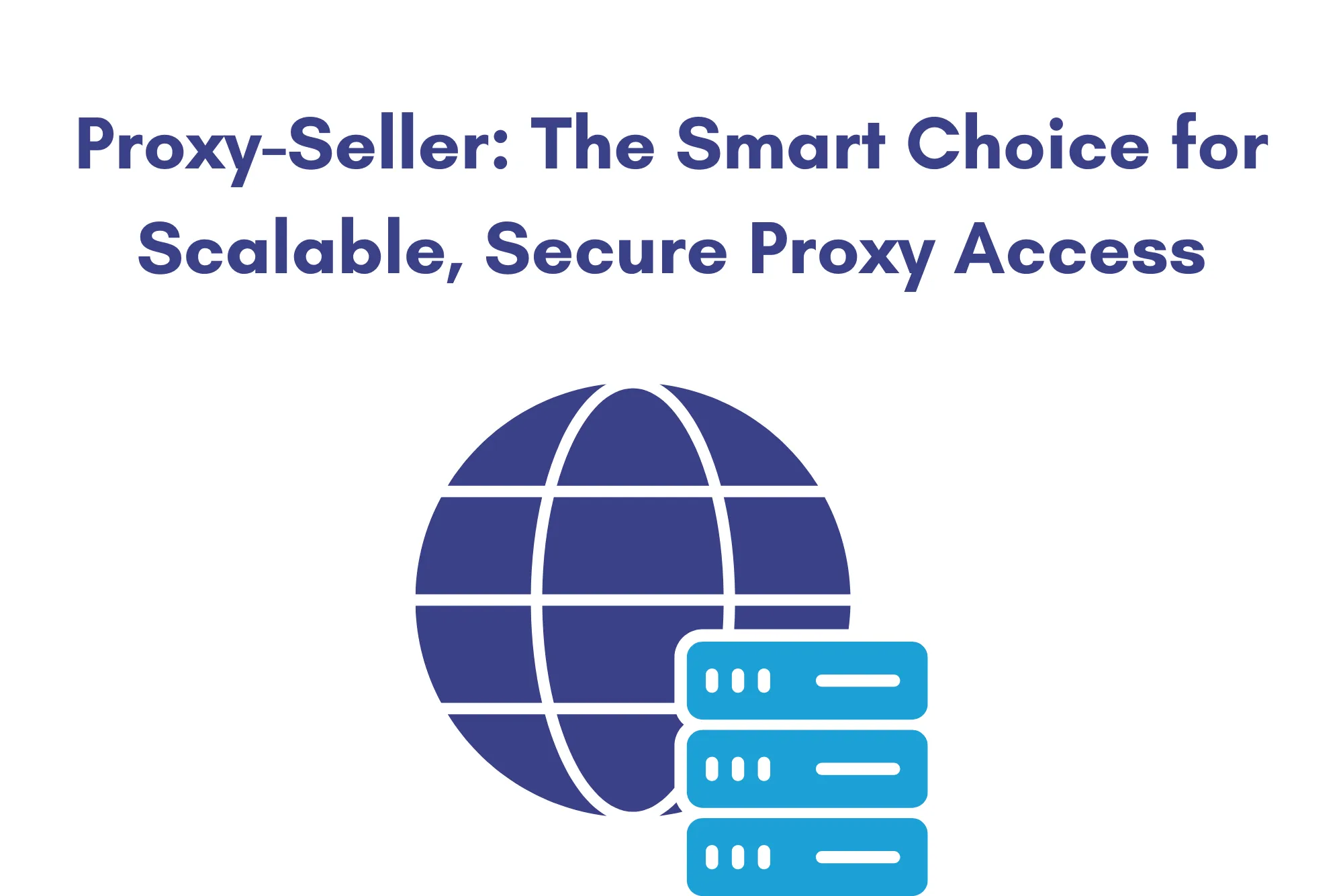Government-Owned Company Operations: A Comprehensive Overview
Government-owned companies play a significant role in the economic, social, and infrastructural development of any country. These companies are established and operated by the government to deliver essential services or manage strategic sectors such as energy, transport, health, and defense. In this article, we will explore how these companies operate, their benefits, and the impact they have on the economy.
What is a Government-Owned Company?
A government-owned company (GOC) is a company in which the government holds the majority of shares or owns 100% of the business. These companies are formed for several purposes, including managing public utilities, providing services that private companies cannot profitably manage, or handling national security interests. Government-owned companies can be fully state-run or have partial private ownership, with the government being the controlling shareholder.
The Structure and Governance of Government-Owned Companies
The structure of a government-owned company is often distinct from private businesses. The government or a specific government agency typically oversees the operations, appoints executives, and makes decisions related to budgets and policies. Government Owned Company Operated Additionally, there are regulatory bodies that provide oversight, ensuring that the companies operate in a manner consistent with public interest.
Unlike private companies, which focus primarily on profitability, government-owned companies are more focused on delivering social benefits, such as public welfare, education, health, and infrastructure development. These organizations are often designed to serve the people rather than generate significant profit.
How Do Government-Owned Companies Operate?
Government-owned companies operate in a way that differs from traditional private businesses. Here are some key aspects:
Public Accountability: As entities funded by taxpayers, government-owned companies must adhere to high levels of public accountability. Their operations, financial performance, and outcomes are often scrutinized by regulatory bodies, public agencies, and the media.
Policy Implementation: These companies often function as instruments of government policy. For example, a state-owned energy company may prioritize renewable energy investments in line with national environmental goals.
Limited Competition: While government-owned companies can sometimes face competition from private firms, many of these companies operate in sectors where competition is limited, such as utilities and defense. This is often because the government seeks to ensure that critical services are available to all citizens at affordable rates.
Funding and Budgeting: Government-owned companies typically rely on government funding for large projects or expansion initiatives. However, they are also required to generate revenue through their business operations. Profits may be reinvested into the company or used to benefit society in various ways.
Advantages of Government-Owned Companies
Government-owned companies offer numerous benefits to both the economy and the public. Some of the most notable advantages include:
- Stability and Reliability: These companies often operate in sectors that are crucial to national development, such as water, electricity, and transportation. Their stability ensures essential services are provided without interruption.
- Public Service Orientation: Unlike private companies, government-owned entities are not primarily motivated by profit. They aim to meet the public’s needs, providing access to services and goods that may otherwise be inaccessible to certain populations.
- Job Creation and Economic Growth: Many government-owned companies provide large-scale employment opportunities and contribute significantly to the country’s GDP. They also help maintain the social infrastructure by investing in long-term projects.
- Strategic Control: By controlling essential services, the government ensures that key industries align with national policies and priorities. This is particularly important in sectors such as energy, defense, and healthcare.
Challenges Faced by Government-Owned Companies
Despite their many advantages, government-owned companies often face several challenges:
- Inefficiency: Government-run companies can sometimes suffer from inefficiencies due to a lack of competition, bureaucracy, and political influence. Without the profit motivation that drives private businesses, these companies may fail to innovate or operate at full capacity.
- Political Interference: Since these companies are government-owned, they can be subject to political interference, which can impact decision-making, resource allocation, and long-term strategy.
- Financial Constraints: Although they may receive public funding, government-owned companies can be hindered by budgetary constraints or political priorities, limiting their ability to invest in new projects or expand services.
Examples of Government-Owned Companies Around the World
- Post Offices and Postal Services: Many countries have national postal services, such as the United States Postal Service (USPS) and Canada Post, which are government-owned entities offering mail delivery and related services.
- National Railways: State-owned companies like the Indian Railways and British Rail have long been essential in providing affordable transportation for millions of citizens.
- Energy Companies: Many countries maintain government-owned energy companies to manage national resources. For example, Saudi Aramco is majority-owned by the Saudi Arabian government.
The Future of Government-Owned Companies
The future of government-owned companies is evolving. As governments continue to push for modernization and the privatization of certain sectors, there is an increasing trend towards outsourcing and public-private partnerships. However, some essential services will likely remain government-run due to their critical importance in national welfare.
FAQs
Q1: What sectors do government-owned companies usually operate in?
Government-owned companies typically operate in sectors like energy, transportation, utilities, healthcare, and defense.
Q2: Are government-owned companies more efficient than private companies?
Government-owned companies may not always be as efficient as private companies due to bureaucracy and political influences. However, they prioritize public welfare over profit.
Q3: How are government-owned companies funded?
These companies are funded through a combination of government budgets and the revenue they generate through their operations.
Q4: Can government-owned companies be privatized?
Yes, some government-owned companies may be privatized if it aligns with national policies or economic goals.



